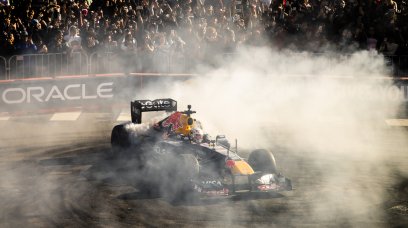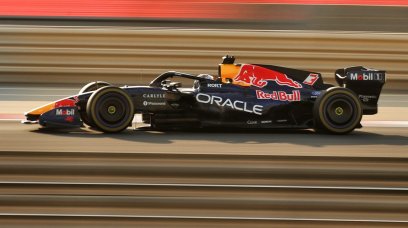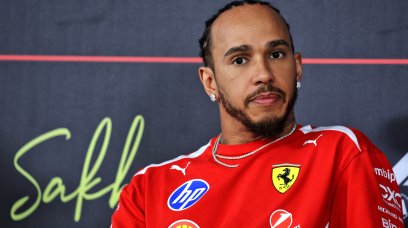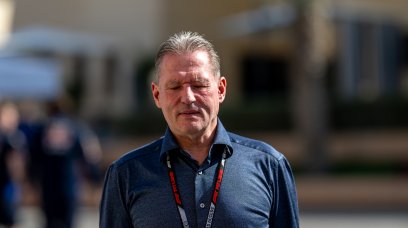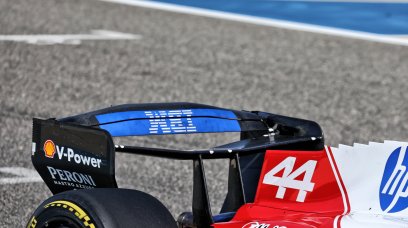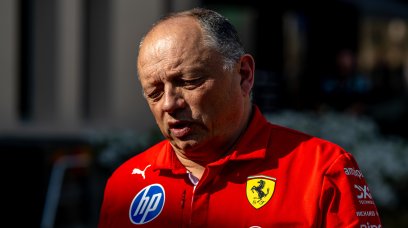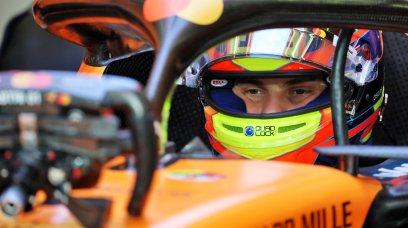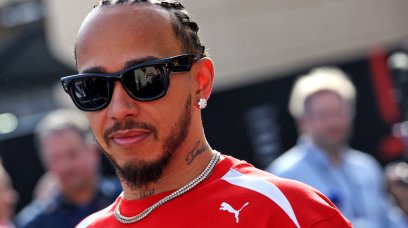Max Verstappen has long made it clear that he is not participating in F1 to break any longevity records. Verstappen has often reiterated that he has achieved his dream of becoming a champion in F1 and anything else he adds to his trophy cabinet is simply a bonus. Verstappen's obsession with racing, rather than F1 itself, is no doubt steering him in a direction away from the pinnacle of motorsport in the coming years and into various other disciplines such as endurance racing. His latest retirement threat came in Singapore where he was ordered to “accomplish some work of public interest” at some point in the future after swearing during the Thursday FIA press conference. Later in the weekend, Verstappen stated that “these kinds of things definitely decide my future as well” when asked about continuing in F1 under such rules.
The swearing issue
The matter of swearing was highlighted just hours before Verstappen used the F-word when FIA president Mohammed Ben Sulayem questioned the need for drivers to use language containing profanity over the team radio. The irony was not lost when some of the first radio messages played on the live broadcast during the opening free practice session contained words that needed to be bleeped out. These are the messages that F1 has long used to shape what the drivers are feeling behind the wheel of the cockpit during sessions to drive engagement. F1 is an intense environment as the drivers cope with high levels of pressure, which they must cast aside to retain focus. With their faces hidden behind a helmet, reading what they are feeling is impossible, making the radio messages broadcast a crucial tool for the audience at home. It is unfair to ask the drivers, who are processing colossal bits of data behind the wheel, to be careful of the words they use in the heat of battle. Filtering out what spotlights the excitement levels and personality of the drivers in the interest of a family-friendly show is a tricky balance to strike. But personalities such as Verstappen have little interest in ensuring the product is family-friendly. He, as is the case with many others on the grid, wishes to race and accomplish success.
Verstappen's value for F1
As the reigning three-time champion, and seemingly on his way to a fourth - although McLaren's Lando Norris is doing his level best to stop him - Verstappen holds monumental value for F1. He is the face of the sport, featuring on advertisement boards around the world, and even on TV where he can be seen promoting the non-alcoholic version of Heineken, one of F1’s most prominent partners. His loss to F1, especially over a matter such as being unable to be himself, would be catastrophic for the sport. While the FIA holds little to no responsibility to protect the commercial aspect of operations, Verstappen being driven away by the strict regulations imposed would not impress F1 CEO Stefano Domenicali, and could again drive a wedge between himself and Ben Sulayem. Tensions have arisen between the pair in recent years, most notably when Ben Sulaymen questioned an "inflated" valuation of F1 after reports emerged that Saudi Arabia's Public Investment Fund (PIF) was considering a $20 billion bid for the sport, as well as a difference in opinion over Andretti’s push to join the grid. Verstappen is a fantastic asset for F1. He has long drawn in huge crowds during the sport’s tour of Europe and as a bonus, is undoubtedly rapid and exceptionally marketable.
Filtering out what spotlights the excitement levels and personality of the drivers in the interest of a family-friendly show is a tricky balance to strike.
No easy solution for the FIA
Verstappen’s reaction has placed the FIA in a difficult position as several drivers have voiced their support of him and against the punishment imposed. It seems clear Verstappen was handed the sanction to set a precedent and make an example of him. But by doing so to one of the less unyielding drivers, it has drawn unwanted attention to the matter as Verstappen’s decision to be perfunctory with his answers in the post-qualifying and post-race press conferences, followed by speaking to the media outside the room, allowed the story to gain traction. Should the FIA abandon the penalty, it will be seen as giving in to Verstappen’s criticism and make the governing body look frail and without authority. Should it see the penalty through, the situation will likely continue to be highlighted as unjust by Verstappen and potentially edge him closer to the exit door. A simpler solution would have been to impose a formal warning on Verstappen and extend it to every driver/team representative that foul language would not be acceptable in future press conferences. It would have started the conversation between the governing body and the drivers much earlier, rather than it plummeting into the mess the sport currently finds itself in. It seems bizarre to be talking about Verstappen retiring from F1 when he is just 26 years old and performing at such a high level. But his initial threats to leave the sport came long before this clutter which has revolved around swearing. For Verstappen, a racer in the purest sense, it is a muddle that could drive him away from F1 for good - and sooner rather than later.
Most read

